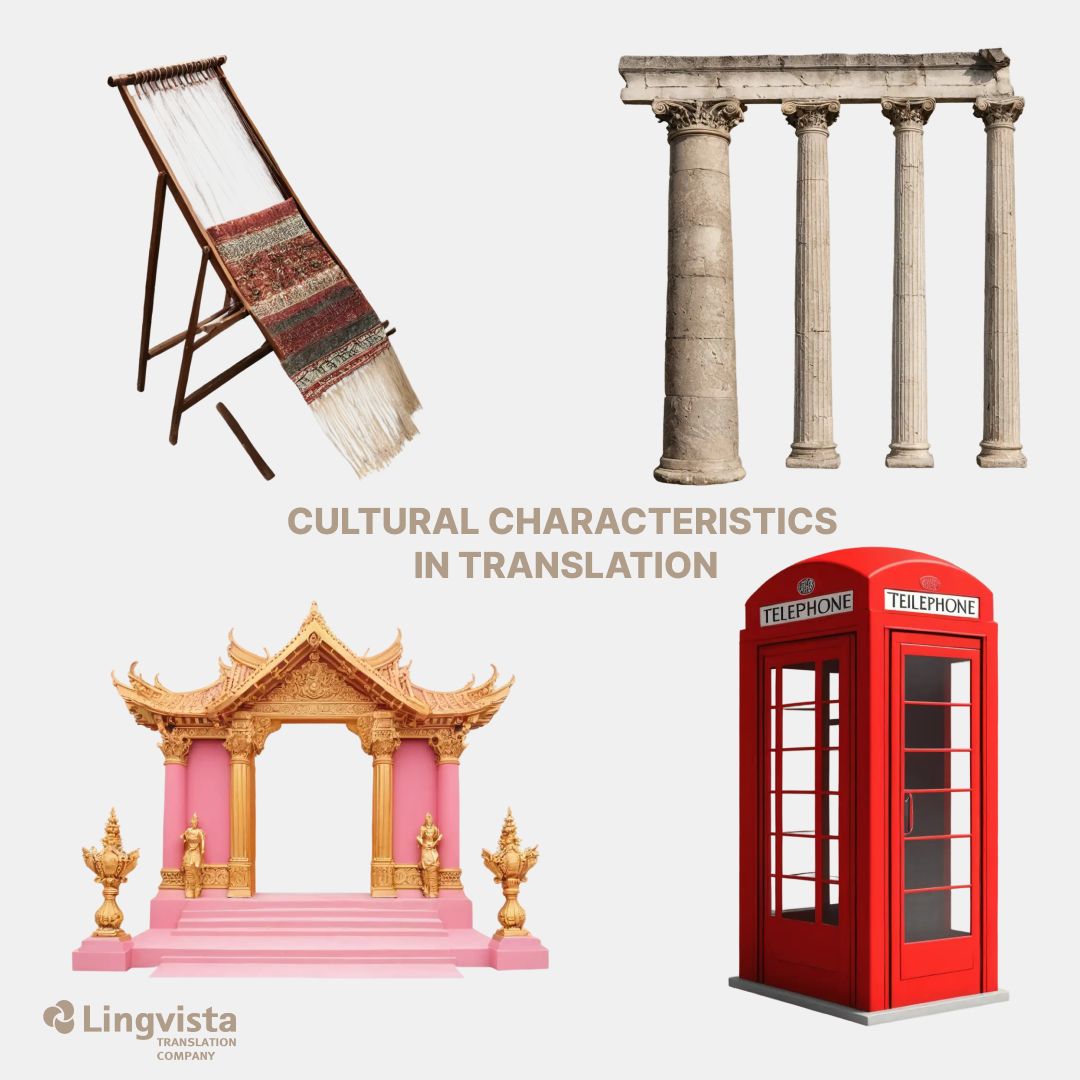Cultural features play a crucial role in translation, as they can significantly influence the meaning and perception of a text.
What factors are involved?
1. Idioms and Phrasal Expressions
Idioms often lack direct translations, so translators strive to find equivalent expressions in the target language.
For example, the English phrase "kick the bucket" can be translated into Russian as "отдать концы," which conveys a similar meaning.
2. Sociocultural Contexts
Every culture has its own traditions, customs, and social norms. It is the translator's responsibility to be aware of these nuances to avoid misunderstandings. For example, in Japan, it is customary to use polite forms of speech to avoid direct criticism. A translator must take this into account to prevent misunderstandings and to avoid offending the interlocutor.
3. Historical and Cultural References
Many texts contain references to historical events or cultural phenomena. A translator must understand these references to convey their significance accurately.
For example, Don Quixote, the character from Miguel de Cervantes' novel, may evoke associations of idealism and the struggle against windmills for Spanish-speaking readers. However, this character might be perceived differently in other cultures.
4. Style and Tone
Communication style varies across cultures. In some languages, a formal style is prioritized, while in others, a more casual approach is acceptable. A translator must adapt the text according to the context.
For example, the expression "What’s up?" is a common greeting perceived as friendly in English. In Russian, the equivalent "Как дела?" may come across as more formal.
5. Emotional Connotation
Words can carry different emotional meanings in different languages. A translator should consider how the chosen words may affect the reader's perception of the text.
For example, the German word "Gemütlichkeit" conveys a sense of coziness and comfort, while "Bequemlichkeit" simply means convenience without any emotional nuance.
Effective translation requires a deep understanding of both linguistic and cultural aspects to create a text that is clear to and resonates with the target audience.


 We have been collaborating with Lingvista for more than 2 years now. During this period the company has proved itself a reliable partner.
We have been collaborating with Lingvista for more than 2 years now. During this period the company has proved itself a reliable partner.
» Read more Deputy CEO of SEZ TIT "Tomsk", JSC Konstantin V. Kaminsky